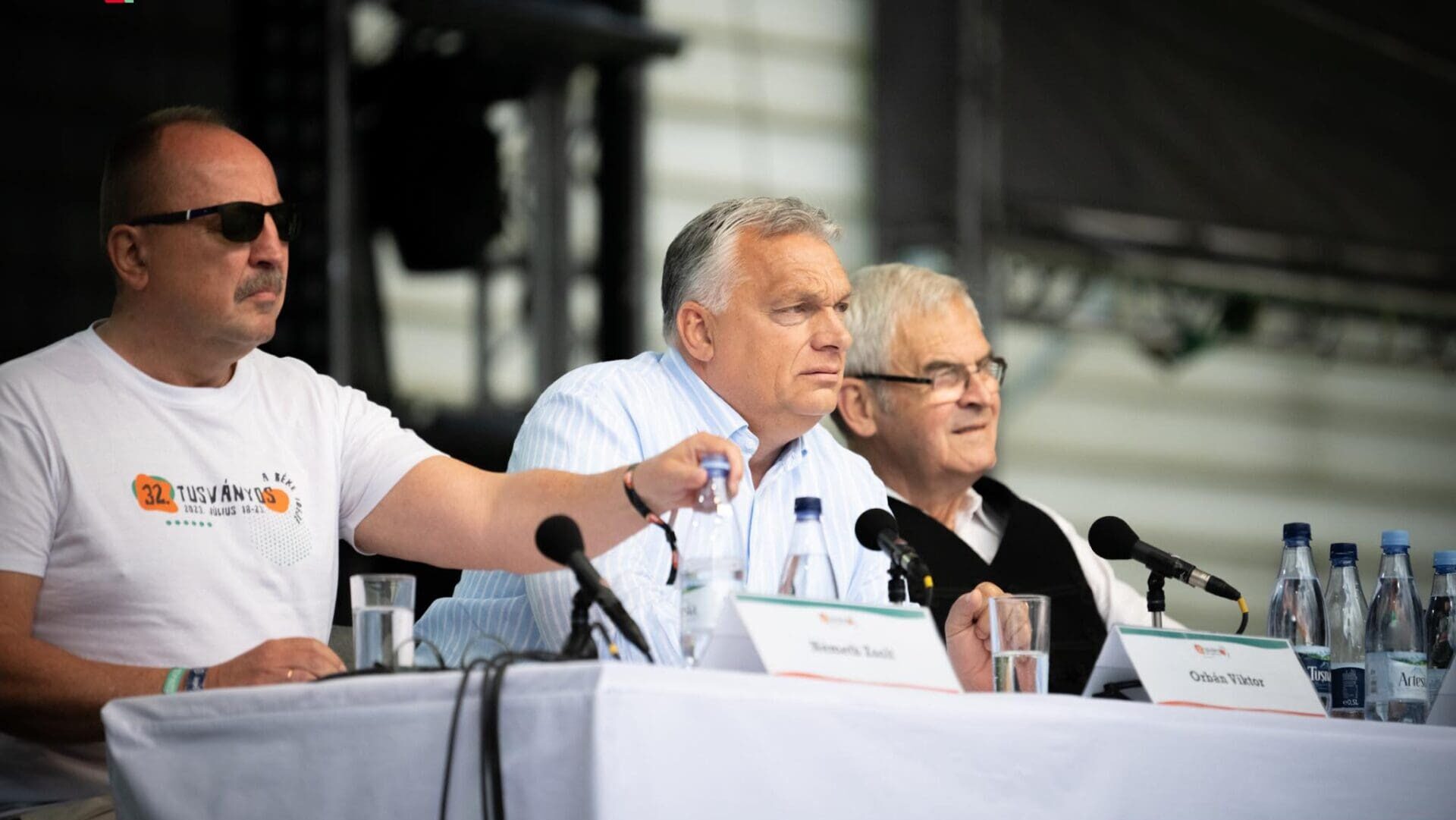Hungarian opposition party TISZA leader Péter Magyar has recently made an active push for courting Hungarians living in Transylvania, Romania, holding dual citizenship. Magyar even took it upon himself to walk on foot from Budapest to Nagyvárad (Oradea) in Transylvania. The two cities are around 310 kilometres (192 miles) apart, and it took Magyar just under 11 days to complete the journey.
However, it seems that the stunt was not enough to convince the voters.
A new poll by the Kolozsvár (Cluj)-based social science research firm, SoDiSo Research, found that a whopping 96 per cent of Hungarian citizens living in Transylvania would back the governing Fidesz party in a Hungarian parliamentary election.
TISZA only came in third in the survey, with 1.4 per cent of support, also behind the far-right Mi Hazánk (Our Homeland) party, which was measured at 1.7 per cent support.
Prime Minister Viktor Orbán of Hungary, from Fidesz, has had a strong base with ethnic Hungarians living in neighbouring countries, given that it was his initiative that allowed them dual citizenship, and thus the right to vote in Hungarian elections. Back in 2004, the socialist government in power at the time was actively campaigning against granting citizenship to these groups.
Magyar sought to break the Fidesz stronghold with Transylvanian Hungarians after PM Orbán endorsed George Simion in the Romanian presidential election in May, who has taken anti-Hungarian stances in the past. However, despite that, Orbán viewed him as a potential valuable ally for the sovereignist section within the European Council. Simion spoke positively about Orbán as well prior to the election, which he ended up losing.
According to the 2021 Romanian census, there are a little over one million ethnic Hungarians living in Romania. Around 60 per cent of them hold Hungarian citizenship, amounting to a voter base of around 600,000 people for PM Orbán to tap into in the 2026 Hungarian general election.
Related articles:







